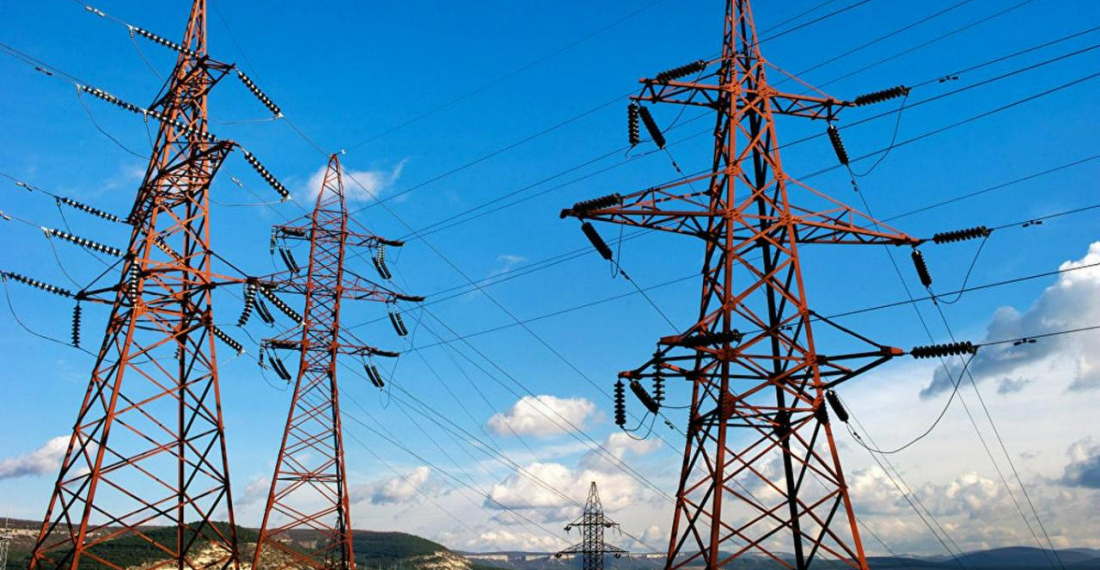The Uzbek government unveiled the draft of the State Programme 2021 on Monday (18 January). The government proposed to abolish special state permits and customs duties on imported liquefied petroleum gas from March 1 and to create a wholesale electricity market.
In order to make up for the domestic shortage of electricity in the winter months, Uzbekistan's Ministry of Energy already imported electricity from neighbouring countries last month. The country usually exports natural gas to China, but has suffered fuel shortages this winter, reducing export supplies amid public discontent.
The country's electricity production relies heavily on coal-fired power plants, but in recent years it has taken some steps to switch to solar and wind power.
The President's new draft decision on the state programme for 2021 also provides for the possibility of large companies importing energy sources, which will eventually introduce market mechanisms in the country's energy sector.
The Uzbek Energy Ministry will be tasked with overseeing the implementation of the roadmap and allow enterprises to import electricity and gas from 1 August, the draft document said.
According to the State statistics committee, gas production in Uzbekistan decreased by 18.6% to 44.9bn cubic meters in January-November 2020.







